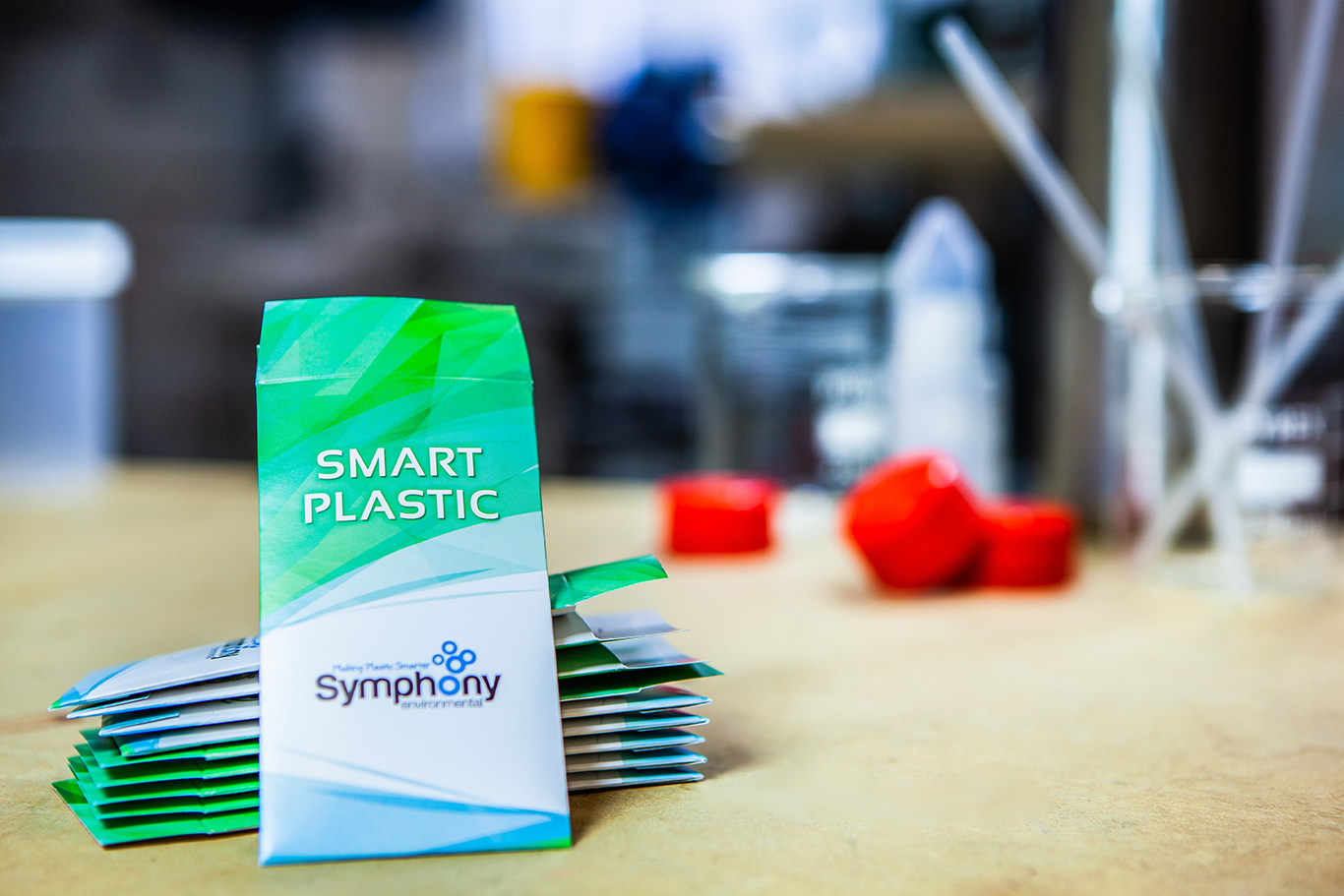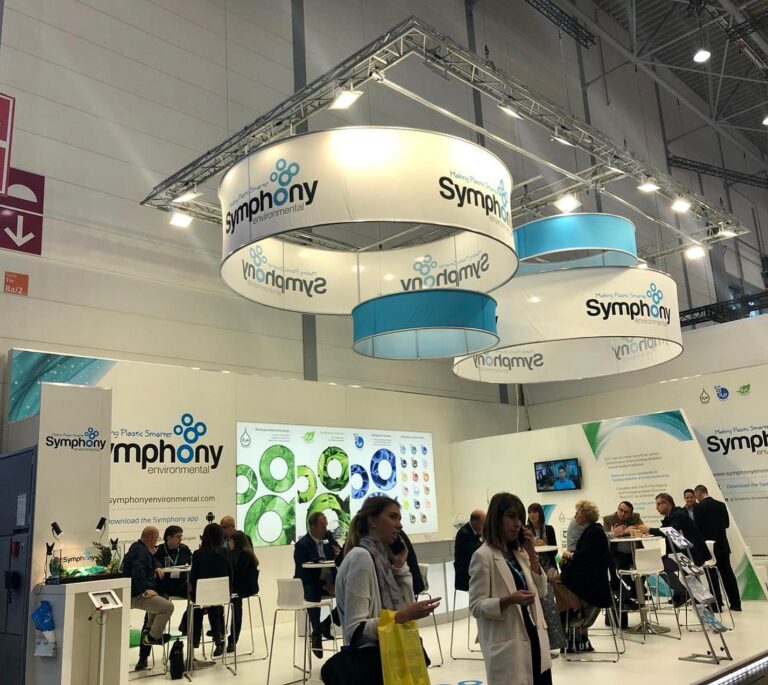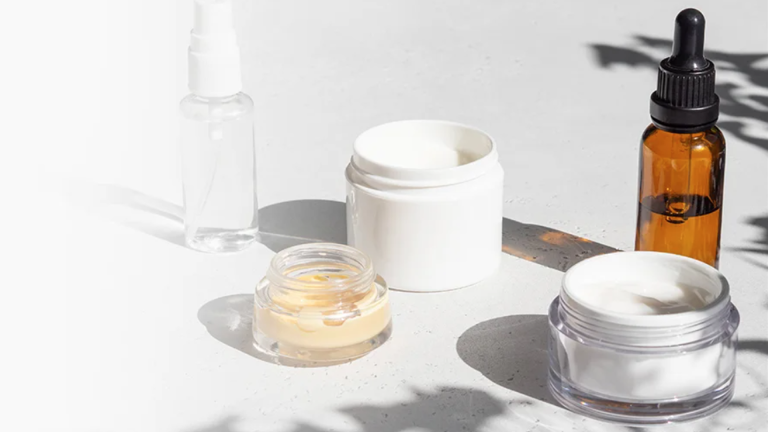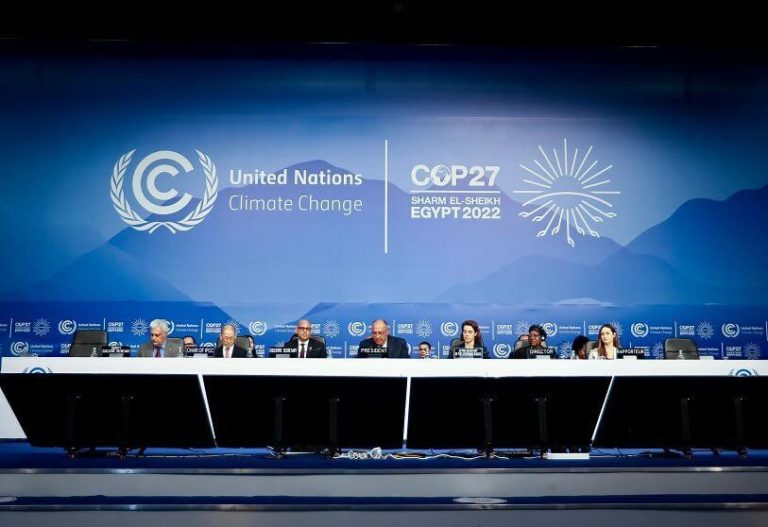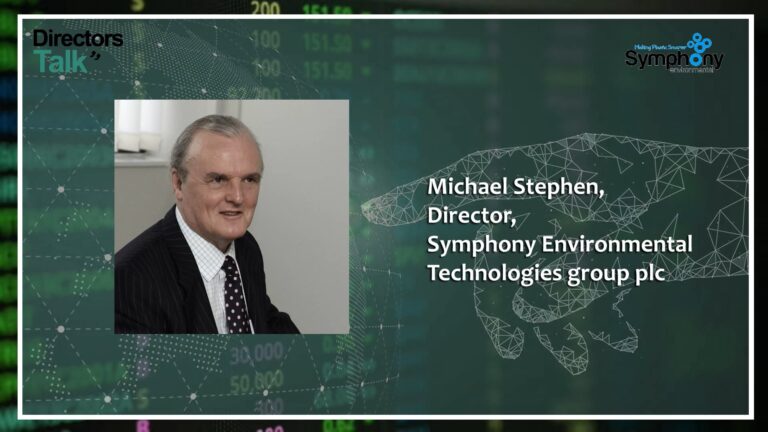Symphony Environmental plc (LON:SYM) is the topic of conversation when Zeus Capital’s Research Analyst Robin Byde caught up with DirectorsTalk for an exclusive interview.
Q1: Symphony Environmental, can you just remind us what the company does and what was the statement they put out today?
A1: They are a specialist developer and supplier of compounds which are added to plastics to help them biodegrade safely or to protect the user from threats such as microbial exposure, this is pretty smart technology.
The oxo-biodegradable product is called d2w and the antimicrobial and antiviral product is called d2p. The markets addressed are both very large so for d2p, the protective technology, we estimate that the global market for that product, or for plastics containing those compounds, is worth about $30 billion globally.
The news today is a pre-close trading update for the December year-end.
Q2: How has the company performed in the statement?
A2: The results today were pretty good in what I would call a transitional year so adjusted revenue was up 30% to £10.6 million and that number takes into account some delayed shipments at the year-end due to global supply chain disruption. That revenue growth was driven by two main factors: a 200% growth in the sale of finished products – primarily PPE gloves – and an 88% growth in the d2p antibacterial/antiviral product.
The d2w, the oxo-biodegradable product, didn’t perform so well, mainly some of the distributors were impacted quite heavily by COVID lockdowns.
So, overall, revenue grew very strongly, up 30%, and last year the company reported an operating loss of around £620,000, that was converted into a small profit this time round of just £60,000 so about breakeven. The balance sheet is in pretty good shape so we calculate £1 million of gross cash at the end of the year, that profit number is small, as I say about breakeven, but it’s worth stating that 2020 was a transitional year. The company invested heavily in new sales and distribution capability including hiring a new Head of Sales, a small sales team, and a Head of Procurement.
It is quite important, the company is investing in the platform for growth, they’re taking more of these vital functions in-house and they’re positioning themselves for a much faster roll-out, particularly of the d2p protective technologies product.
Q3: How would you describe Symphony Environmental in terms of an investment case?
A3: I think there’s probably six points to make here.
I think their products are very well aligned with health and hygiene priorities. The result of COVID is that health and hygiene has risen up the agenda for every government, I think COVID has demonstrated that single-use plastics cannot feasible be banned and therefore governments and agencies have to seek a way to manage the usage and the wastage of plastic. I think the d2w product is perfectly aligned for that changing landscape.
I think the second point is that this is market leading technology, I think the two products are now becoming very well established and more widely accepted.
I think a further point is that this is nicely, flexible business model. The company owns the recipes for these technologies and uses a global network of distributors and third party manufacturers so it’s an asset-light and quite flexible operation, it can be scaled up quite quickly.
I think the fourth point is that commercialisation which is demonstrated in this announcement today is accelerating. Over the last 3 or 4 months, if you look at the RNS statements, you’ll see that they’ve been signing up some big customers. It’s early days with many of those customers but they are big customers, potentially leading to a ramp up in revenues and profits.
This leads into my fifth point really, the financials are improving, profits are still quite thin but I think they can rise quite sharply now, the big phase of capex and R&D is behind the group, products are there to be rolled out. So, I think the squeeze on margins is temporary and I think the investment in the platform will now yield better returns.
The final point I would make is the company attracts the London Stock Exchange Green Mark and it has a very strong ESG credentials. If you think about their target markets, the d2w product is obviously addressing quite nicely the issue of waste plastic and plastic pollution and the antimicrobial/antiviral products are addressing health and hygiene concerns which we‘re living with every day at the moment.


